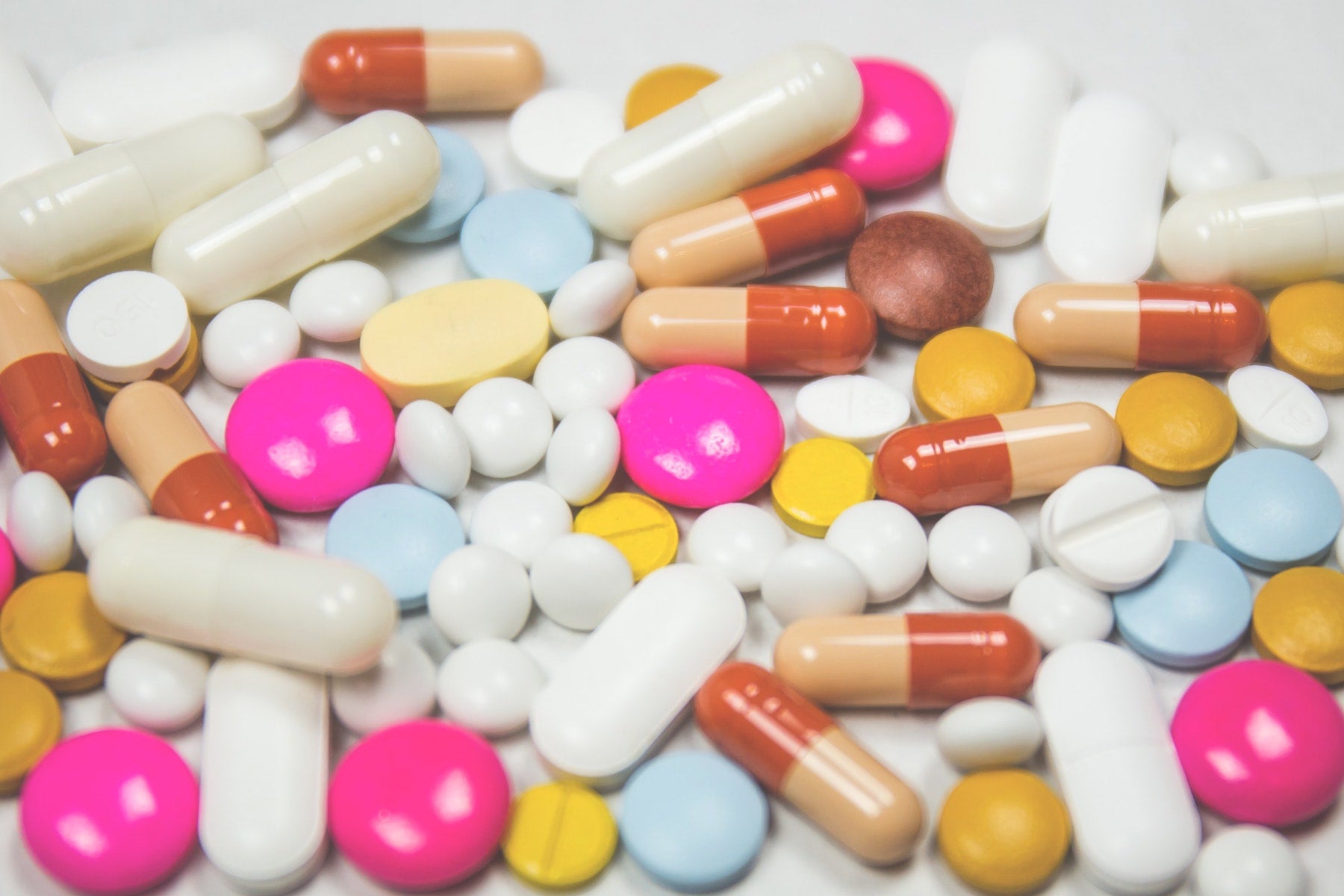What's the Difference between Probiotics and Antibiotics?

Probiotics are live microorganisms typically found in yogurt and other fermented foods. They are also available as dietary supplements.
Antibiotics are drugs that kill bacteria or slow their growth. Probiotics and antibiotics affect the gut microbiota, but they have different mechanisms of action.
Antibiotics are a class of drugs that are used to treat bacterial infections. They work by either killing the bacteria or preventing them from multiplying. There are many different types of antibiotics, and they are often specific to certain types of bacteria.
Probiotics, on the other hand, are live microorganisms thought to have health benefits when consumed. They are often found in fermented foods like yogurt or sauerkraut but can also be taken in supplement form. Probiotics are thought to help with digestive issues, among other things.
The difference between probiotics and antibiotics
There's a big difference between probiotics and antibiotics. Probiotics are live, beneficial bacteria that help keep your gut healthy. Antibiotics are drugs that kill bacteria, including good ones.
Probiotics are often taken to prevent or treat diarrhea. They can also help with other conditions like irritable bowel syndrome (IBS), Crohn's disease, and ulcerative colitis. Some research suggests they help boost your immune system.
Antibiotics, however, are used to treat infections caused by bacteria. They are often used to prevent infections before surgery. And while they can save lives, overusing them can cause more harm than good since they kill both good and bad bacteria.
Killing good bacteria can also lead to antibiotic resistance, where the gut bugs become resistant to the drugs, which could provide life-saving treatment. As a result, infections become harder to treat.
When it comes to probiotics and antibiotics, it's essential to know when to take each one. Probiotics are generally safe for most people but talk to your doctor before taking them. Antibiotics should only be used when prescribed by a doctor.
